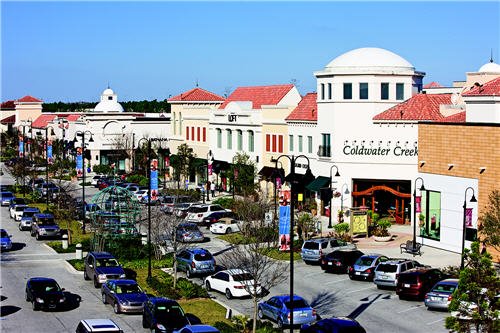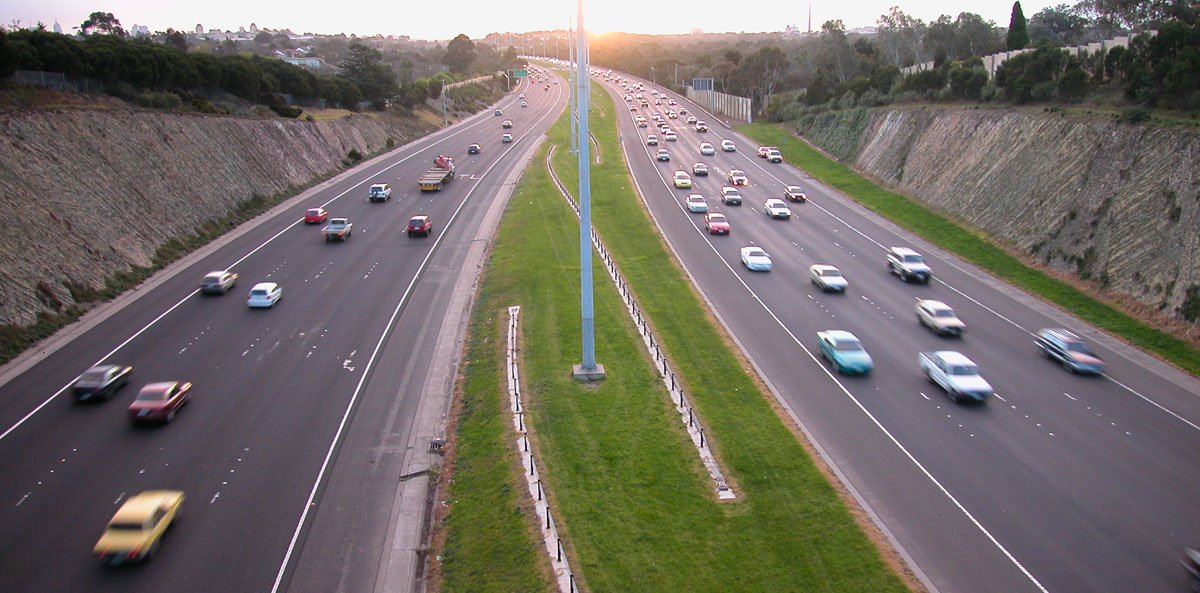The Problem with Sales Tax
The primary job of a city government is to support the things which build wealth and create prosperity within their community. They enable the creation of prosperity by investing in services and infrastructure, which in turn makes their city more valuable and funds the investment.
For example, when a city builds a nice park, people value living close to the park - children have a place to play with the neighborhood kids - so the area becomes more desirable to families with children.
When we invest in cleaning up a downtown street - when we install some benches and trees to make it a more pleasant place, it attracts more people downtown and sales increase, that causes vacancy rates to go down, and property values to go up.
We build schools and offer fire protection because families value living in an area where their children can get an education and their home is less likely to burn down, than in an area without those services.
Cities build roads between two neighborhoods because the properties on either side of the road are worth more when they are connected to each other, than if they were not.
In order for a city to make a return on their investments, as well as to judge if an investment was productive, cities need a way to capture the increases in the value of their areas they invest in. Typically, cities capture the value of their communities through property taxes or land value taxes.
If investing in a new road or a light rail line is not expected to increase tax revenue enough to pay for that road or light rail line, it is a clear indication that the community will not value that investment, and this would generally be a bad investment.
If installing a new fountain downtown brings in more foot traffic, sales increase, followed by rent and property values, and tax revenue increases enough to pay for the fountain, this would generally be a good investment.
That is city management 101.
However, Arkansas is one of those crazy states where cities are mainly funded through sales tax. This is a dumb system.
The problem with relying on sales tax is that everything other than retail becomes a burden. Shops generate revenue for the city, while houses, businesses, and factories that do not make any direct sales do not generate any direct tax revenue - yet consume infrastructure and services.
In an optimal sales tax based city, where the city government does everything to eliminate all burdens and only contains productive development, we will have a city that is purely retail - where everyone lives out of town and comes in to shop.
Here is what the optimal sales tax based city might look like;

Connected to a huge congested freeway, because remember - nobody lives in our city;

Replace the freeway with a train, and you've got a dense version of the optimal sales tax based city;

You end up with a city nobody calls home. If another city provides a better shopping experience, your faithful shoppers go there instead. We will end up with a region of cities competing with each other for your sales, but not interested in you living there.
This is a little extreme, instead we can imagine a less harsh example - a sales tax based city where the city council wants residents to live there, but is fiscally responsible by only allowing revenue-generating development.
The only development this city would approve are shop houses;
,_central_Kuala_Lumpur.jpg)
...and other mixed use developments, as long as they incorporate retail somehow, so that the development can generate tax revenue for the city.
Other than form, the problem with sales tax based cities is that building more retail does not automatically mean more tax revenue. There are only so many toothbrushes, televisions, and cars a person will want to buy in a year. A new store opening up will not always mean we will buy more toothbrushes, televisions, or cars.
If a city invests downtown and that attracts more shoppers downtown, tax revenue won't necessarily increase as people are not necessarily spending more - they are just spending their money downtown instead of in the suburbs.
Building a new restaurant does not mean I will eat out more, only that I will have more choices of where to eat when I decide to eat out.
There is also the threat of online retail where people can bypass paying sales tax completely. Wealthier residents that travel frequently may do most of their spending out of state, or even in a foreign country. The city has access to none of this.
However, the largest problem with sales tax based cities is that they have no way of capturing or measuring the performance of their investments. Building a neighborhood park or cleaning up a residential street will not lead to people spending more. We end up with a delusion that cities are like charities - to provide services and infrastructure for the people no matter the cost, because there's no way to capture or measure it.
Basing cities around sales tax is a dumb system that we need to change.
